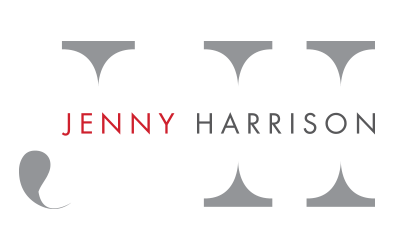Media Training
The quality of your communication is key in today’s media-driven world
scroll down to learn moreMedia Training
You must stand out from your competitors, be the exception in a positive way and manage the media in an effective, proactive way. This is vital, particularly when your reputation, market positioning, share price or public perception could be at stake. A vibrant performance in front of a TV camera or on radio is absolutely crucial.
JHC media skills training programmes are practical, realistic and empowering. With tailor-made courses designed to respond to your needs and develop your criteria for effective communication, we are fast becoming the best kept secret in certain circles!
From our own experiences, we recognise that appearing on television in particular can be both exhilarating and terrifying in equal measure. It is our job to ensure that it looks effortless and comfortable when you face the cameras, whether as a one-off communication or as a regular part of your professional role. Working with our journalist trainers in a television studio, our media skills training will ensure it is your message that is heard and seen, rather than your discomfort or unfamiliarity.
Sharing techniques that make successful spokespeople, we will guide you through a pertinent television interview and then review your performance with an expert eye and give practical advice that you can understand.
Appearance is key in the visual medium of television, and so we look at body language – how you use your hands and your eyes, so that your delivery is authentic and effective. Again, through video recordings we can show you how mistakes can be avoided, so that even the most nervous of presenters appear relaxed and confident.
Our clear, structured approach focuses on:
- Becoming comfortable and confident in front of the camera
- Understanding the media – rules of engagement and the interview process with TV and Radio
- Content of your interview
- Delivery
- Control
- Managing difficult interviews and anticipating difficult questions
- Different interview scenarios – performing well in a live studio, from a remote studio or ‘down the line’, three-way interview, sound-bite and ‘door step’
The camera never lies. It magnifies. The difference between performing well and performing badly is very apparent to the watching or listening audience and the judgement is virtually immediate. Why not get in touch with us and find out how we can help you prepare for your next – or your first – TV or Radio appearance.
